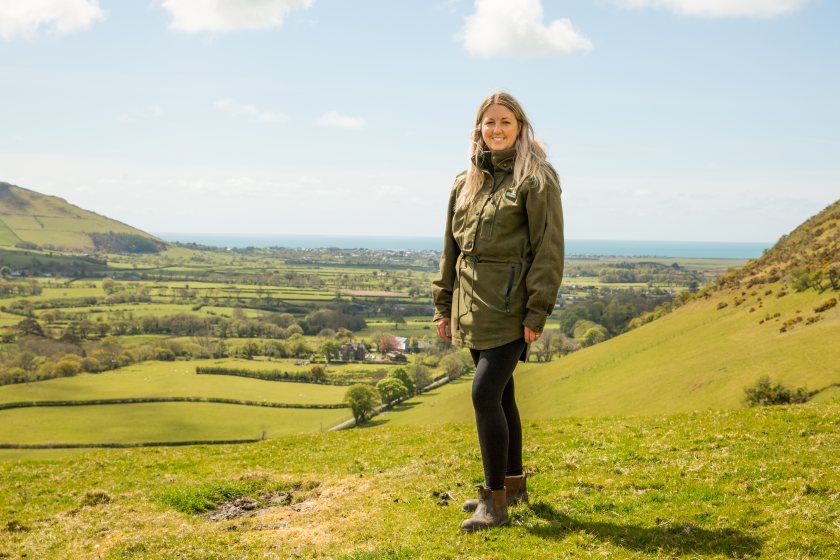
A group of farmers are undertaking carbon audits to understand the level of emissions they are producing and to inform an action plan to reduce them if needed.
The Welsh farmers are using a carbon calculating tool to scrutinise everything from their use of fuels, electricity, fertilisers and sprays to livestock fertility and cropping
One of the farms involved is Dolau Gwyn, located in Bryncrug, Gwynedd where Hugh and Jessica Williams farm with Hugh’s parents, Edward and Marian.
They produce beef and lamb from a herd of Welsh Black cattle, along with pedigree Lleyns and Welsh Mountain ewes on 550 acres of hill land and 200 acres of lowland.
They suspect their footprint will be low due to carbon neutral agricultural practices on-farm including a high ewe twinning rate, allowing emissions to be spread over more kilogrammes of lamb sold.
Nutrients are also applied precisely having already established the nutrient requirements of their soils by nutrient management planning through the Farming Connect Advisory Service, resulting in a reduction in the amount of fertiliser used.
The Williams’ also have good grassland management policies in place.
Moving forward, understanding the farm’s carbon data will allow them to introduce realistic changes to their farming practices if needed.
With more consumers demanding sustainable food sources and governments offering financial incentives to greener businesses, on-farm carbon audits can make farms more profitable.
For the Williams’, the recent launch of a boxed meat scheme was another reason to get involved in the carbon calculating project.
“I want to have the answers if people ask about the carbon footprint of the meat they are buying," said Jessica Jones.
According to Eryl Roberts, Farming Connect's development officer who is leading the project, understanding a farm's carbon footprint is the first step to producing food from carbon-neutral or low footprint practices.
“Having a comprehensive understanding of the carbon footprint can help farmers create an action plan for lowering it," Mr Roberts added.
